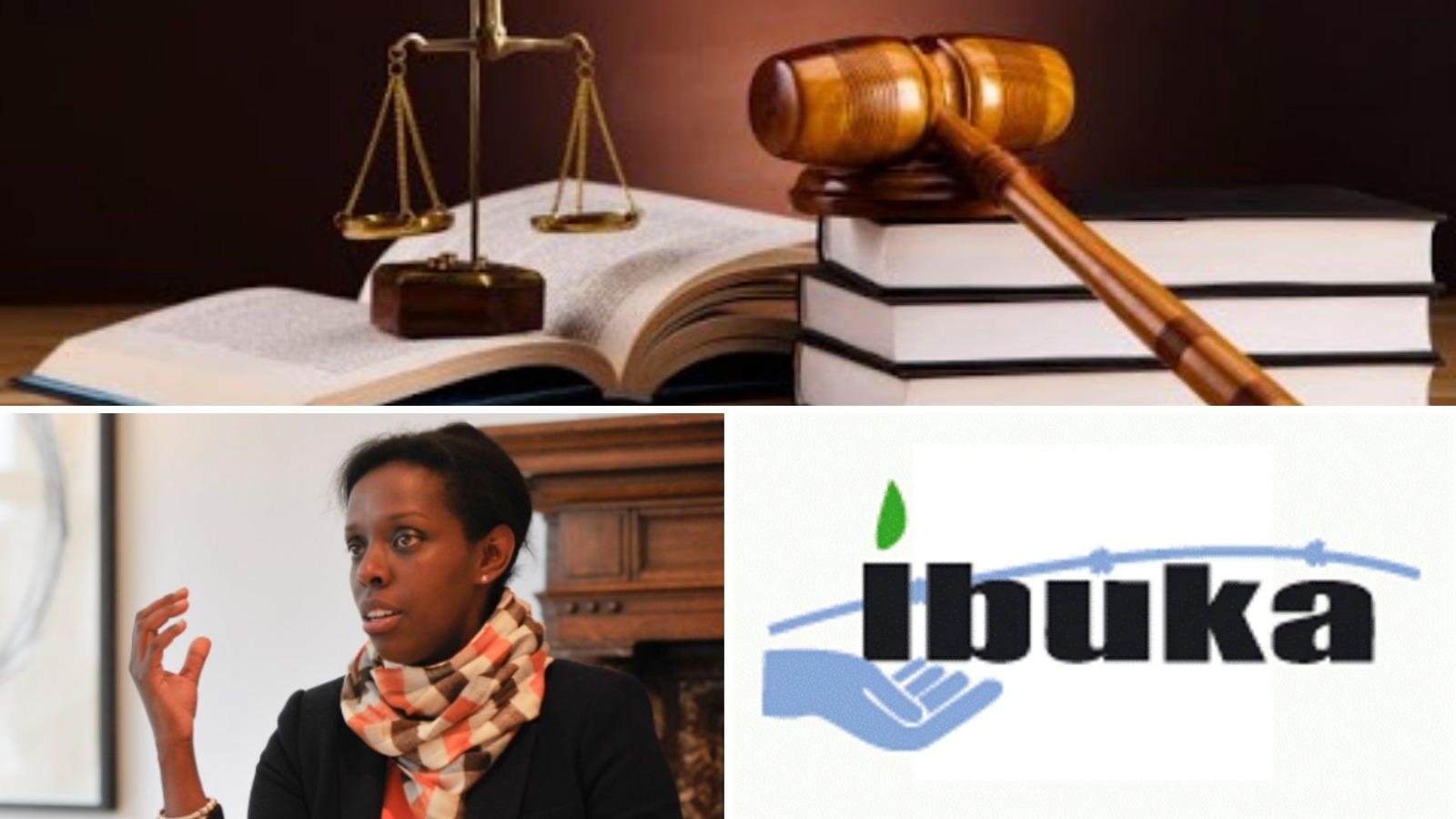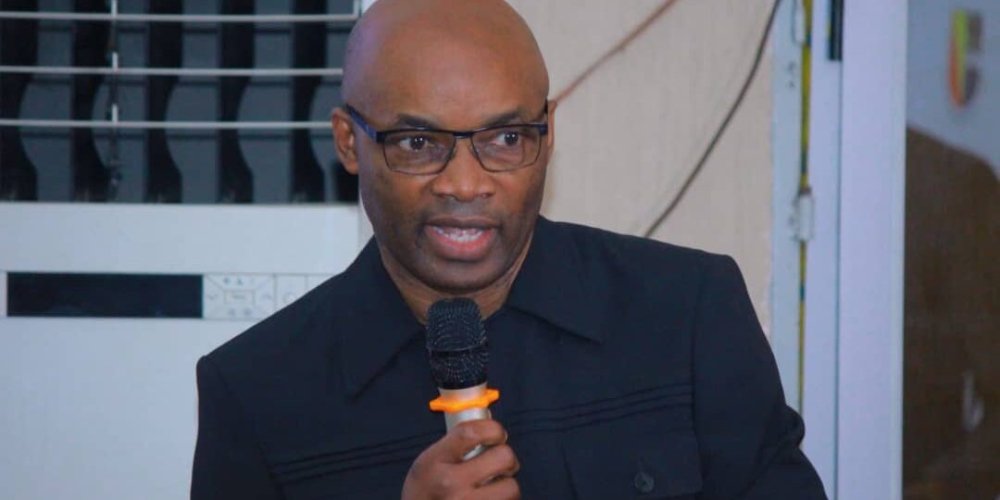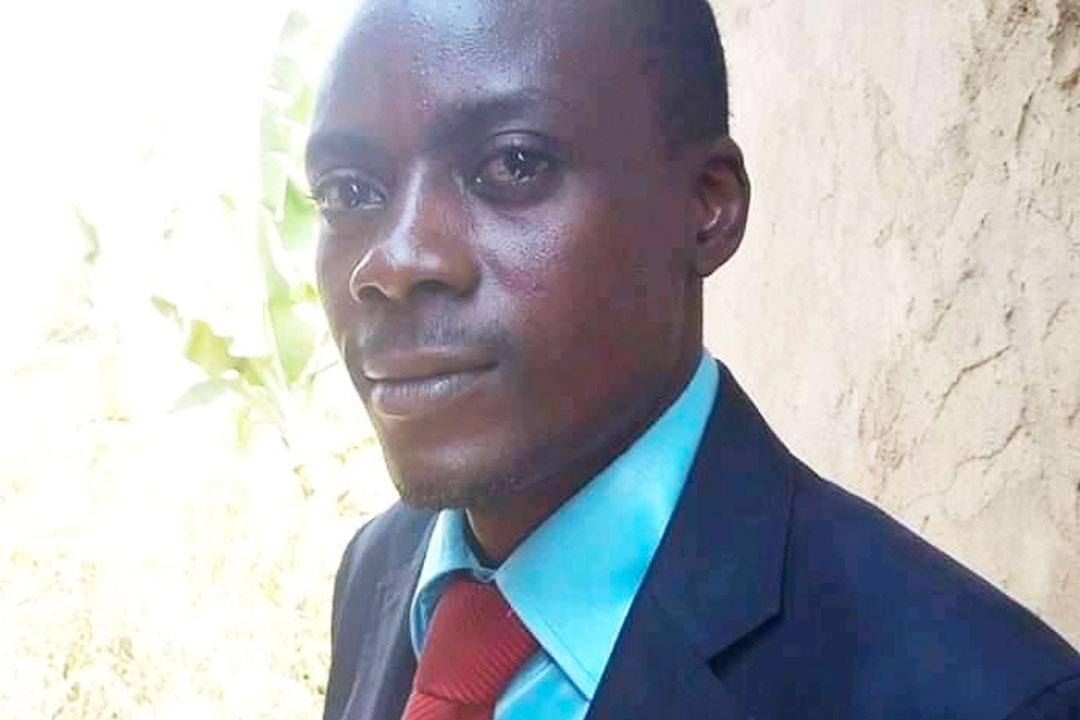This is the second and last part of the article that reveals areas of development in the key governance features that were promised to the Rwandan people by the incumbent leadership which can be read in the official document of the Vision 2020 development programme (Pg 10). The first article can be read here.
This article aims to stimulate Rwanda’s citizens as well as incumbent and prospective policy makers across the world to work diligently towards improving the country governance. Particularly, that the year 2020 is fast approaching.
Democratic structures and processes
As stated in the Vision 2020 development programme document, Rwanda’s leadership has promised ‘’a State respectful of democratic structure and processes’’ to citizens. However, Rwanda’s democracy has been in decline.
The Transformation Index (BTI) that measures the transformation of democracy and market economy in 129 countries, indicates that Rwanda’s democracy score has declined from 4.23 out of 10 in 2006 to 3.83 out of 10 in 2016. The most recent report of the index on Rwanda describes the country’s democratic structure in the following words:
“The Rwandan political system is whitewashed by the ruling circle as a “consociational” power-sharing consensus democracy, justified by the need to surmount ethnic divisions and the requirement for accelerated development. The constitution gives the president unlimited authority in security and foreign policy. He appoints the prime minister and the members of the cabinet, and although he is obliged by the constitution to give a share of posts to all parties represented in the parliament, he can select the people of his choice. Furthermore, he appoints his personal advisers, the senior army officers, the top administrators, the chief judges, a quarter of the senators, et cetera. The system is, in fact, a skilfully designed institutional façade that conceals the real distribution of power. All major political and power-related matters are decided by the president, together with his top advisers. The RPF (Ruling party) and the army control access to political and administrative office.” (Pg 7 – 8)
The Democracy Index, published by the Economic Intelligence Unit (EIU), that measures the state of democracy in 167 countries also reaffirms the decline of democracy in Rwanda between 2006 and 2016. The index reveals that Rwanda’s democracy deterioration is largely due to the country performing poorly in the category of electoral process and pluralism. This category ascertains the condition of having free and fair competitive elections and satisfying related aspects of political freedom in Rwanda. The score for Rwanda in this category reduced from 3 out of 10 in 2006 to 0.83 out of 10 in 2016. The EIU has consistently scored Rwanda’s democracy level below Sub-Sahara Africa’s average and classified the country among authoritarian regimes each year since 2006 until 2016; the most recent year the index was published.
Despite the aforementioned, Rwanda’s weakening democracy is often disregarded due to social and economic progress the country has been achieving since 1994. But, these are overstated.
READ: Is Rwanda’s economy resilient?
Against that backdrop, the promise made by the incumbent government to turn Rwanda into a state that respects democratic structure and processes is pending. In fact, the continuous decline of democracy in Rwanda raises questions on the status of the rule of law, human rights, and citizen participation in decision-making in the country.
Rule of Law
Through the Vision 2020 official document, the incumbent leadership has pledged a State committed to the rule of law. Yet, Rwanda faces many challenges with respect to rule of law that are reasons for concern. According to the 2012 Hill Innovating Justice publication, these are 1) the way genocide ideology has been criminalised in the law and implemented in practice, 2) the curtailment of the freedom of press, 3) restricted political space and the independence of judiciary in high profile cases and 4) the fairness of Gacaca.
The fact affecting Rwanda’s rule of law the most is the lack of transfer of power. This is evidently observed from The Ibrahim Index for African Governance (IIAG), an annually published index that provides a statistical measure of governance performance in every African country. The index affirms a decline in Rwanda’s rule of law score between 2001 and 2015 due mainly to the country’s poor results in its transfer of power indicator. From 2001 to 2006, Rwanda scored 44.4 out of 100 of the transfer of power. This increased to 66.7 in 2007 and 2008. However, it declined to 33.3 out of 100 in 2009 and then to 0 in 2010 throughout until 2015.
The transfer of power indicator assesses the degree to which constitutional mechanisms are clear, established, and accepted for the orderly transfer of power from one government to the next. The 2016 Transformation Index (BTI) report explains the issue with the separation of power in Rwanda in the following words:
“The constitution provides for a separation of powers, but the parliament’s counterbalancing power is weak since it has only limited competences and a one-sided composition. The central administration reaches all the way down to local level. The president has decisive power as chief of the armed forces and the central administration. After having been the strongman and absolute ruler of the country since 1994, he serves now according to the constitution, with his final term ending in 2017. There are already proposals to change the constitution allowing him a subsequent term.” (Pg 9)
In December 2015, a referendum was voted to change the Rwanda’s constitution. The referendum authorised the incumbent president to stand for another term of seven years and two more after that of five each, meaning he could rule the country until 2034.
In view of aforementioned challenges for Rwanda with respect to the Rule of Law and, in particular, the lack of transfer of power – that has characterised previous regime overthrown by the incumbents in 1994 – the promise to commit to the rule of law made by the current government to Rwandans is still to be honoured.
Human rights
While Rwanda’s Vision 2020 promises the protection of citizen human rights, the record of the country’s human right abuses is extensive. The Cingranelli-Richards (CIRI) Human rights dataset that measures government human rights practices shows that Rwanda performs poorly on the Physical Integrity Rights Index. The index encompasses four individual indicators, namely the rights to freedom from extrajudicial killing, disappearance, torture, and political imprisonment. Rwanda’s score on this index has declined from 5 out of 8 in 2007 to 2 out of 8 in 2011. (A score of 0 indicates no government respect for the four rights and a score of 8 implies full government respect for all the four rights.)
In addition, CIRI shows that Rwanda’s score on the Empowerment Rights Index has deteriorated from a score of 7 out of 10 in 2006 to 5 out 10 in 2010. The scale’s composites whereby Rwanda performed poorly were: freedom of speech, freedom of assembly and association, worker’s rights, electoral self-determination and freedom of religion.
Rwanda’s respect of human rights remains a concern today. The most recent report on human rights practices in Rwanda was published by the U.S Department of State in March 2017 and enlightens the human rights problems in Rwanda as follows:
“The most important human rights problems were government harassment, arrest, and abuse of political opponents, human rights advocates, and individuals perceived to pose a threat to government control and social order; security forces’ disregard for the rule of law; and restrictions on media freedom and civil liberties. Due to restrictions on the registration and operation of opposition parties, citizens did not have the ability to change their government through free and fair elections.”
Evidently, the incumbent government in Rwanda has not held its promise made to protect its citizen’s human
Decentralisation process
According to the Vision 2020 document, Rwanda citizens will be empowered to participate in decision-making processes on issues that affect them the most through the decentralisation process. Nevertheless, a 2010 study on the citizen’s participation in democratic governance in Rwanda conducted by the Institute of Research and Dialogue for Peace (IRDP), an organisation that operates in the country, concluded that Rwanda’s official documents (including the National decentralization policy) show a political will to engage Rwandan citizens in the decision-making process. However, the analysis of the reality on the ground is different (Pg 67).
The study’s findings, generated through interviewing a sample of 1200 Rwandans from different social backgrounds nationwide, give an understanding on the status of citizens’ participation in Rwanda. 49% of the sample’s respondents said they are not involved in the law-making process (Pg 31), whilst 74% stated they are not implicated in the policy-making (Pg 33). More than 50% responded that they are not sufficiently informed on policies and laws (Pg 39). 45% were not particularly aware of decisions made at the level of decentralised entities (Pg 41). 62% of the respondents indicated that they have never been consulted by the parliamentarians on draft laws while 41% pointed out that they were never visited by a member of the government to discuss national and community issues (Pg 48 – 49). Furthermore, 60% of interviewees confirmed that they have never been visited by political parties’ leaders to discuss national or community issues and 68% said the same for Civil Society officials (Pg 56 – 57).
Respondents of the survey pointed out policies which were implemented without their involvement, including the abrupt transition from French to English as a language of education and the agriculture and land consolidation policies (Pg 34). While sudden change in the education’s language was implemented with direct effect in 2008, the land consolidation and agriculture policies are intertwined and continuously being implemented throughout Rwanda. Regrettably, the issue around the lack of citizen’s engagement in the implementation of these policies prevails even today.
In 2012, the United Nations independent experts called the Rwandan Government “…to make sure that implementation of the land consolidation policy is conducted on the basis of the human rights values of consultation and participation”. In March 2017, the Human Rights Watch reported repression in land cases in Rwanda whereby the local government imposed solutions without the full informed consent or participation of residents.
In addition, a recent study explains that the agriculture policy that seeks to orient Rwanda’s agriculture towards specialisation, imposes farmers which crops are to be grown. In order to ensure farmers comply, the policy decrees that:
‘’… it should be possible for the government to repossess the land if the owner or holder of the land rights has failed to use it in accordance with the law.’’
The lack of citizen’s participation in Rwanda is also echoed by global, independent, and credible sources. For instance:
- The open budget survey that assesses the degree to which governments provide opportunities for the public to engage in budget processes has allocated Rwanda a score of 25 out of 100 on its 2015 assessment. This score indicates that the government of Rwanda’s provision for the public to engage in the budget process is weak.
- The Democracy Index has consistently scored Rwanda 2.22 out of 10 from 2006 to 2016 on political participation.
- The 2016 Youth Development Index (YDI),prepared by the Commonwealth Secretariat, that measures progress on youth development puts Rwanda among the ten lowest ranked countries in the youth civic participation, at 180th out of 183 countries (Pg 44). Moreover, the index described the level of Rwandan youth in political participation as medium with a score of 0.514. This level has declined when compared with what Rwanda had achieved in 2010 (a score of 0.559). The grade is also below the average of Sub-Saharan Africa’s (0.574) and Commonwealth’s (0.621).
- Despite its worldwide record of having a large number of female members in Parliament, a recent study found that while descriptive female political representation has significantly increased in Rwanda, it has no meaning for ordinary female citizens. Possible explanations to this are that decision-making powers lie with the authoritarian regime and the crowding out of gender identity by ethnic identity in Rwanda. The study then argues that the perception of political representation depends on the implementation of policies—thus substantive representation, not descriptive representation.
The way forward
The features of governance the incumbent leadership in Rwanda has promised to citizens – as written in the Vision 2020 development programme official document – are comprehensive and realistic. However, dire challenges remain in these governance’s features as highlighted in the first and second part of this article. Rwandan citizens as well as prospective policy makers in and outside the country ought to press for rhetoric in official documents to be translated into acts that promote a genuine good governance in Rwanda. In any other case, Rwandan incumbent policy makers will be viewed, by citizens and the global partners’ community, as deceptive who talk the talk instead of walking the walk. Read first article here.
To read more articles written by the author visit: http://insightfulquotient.com/





